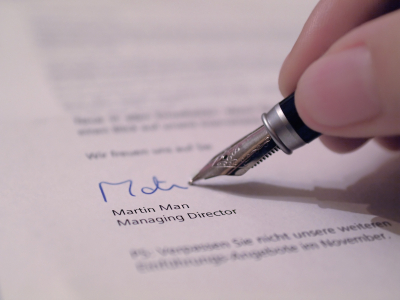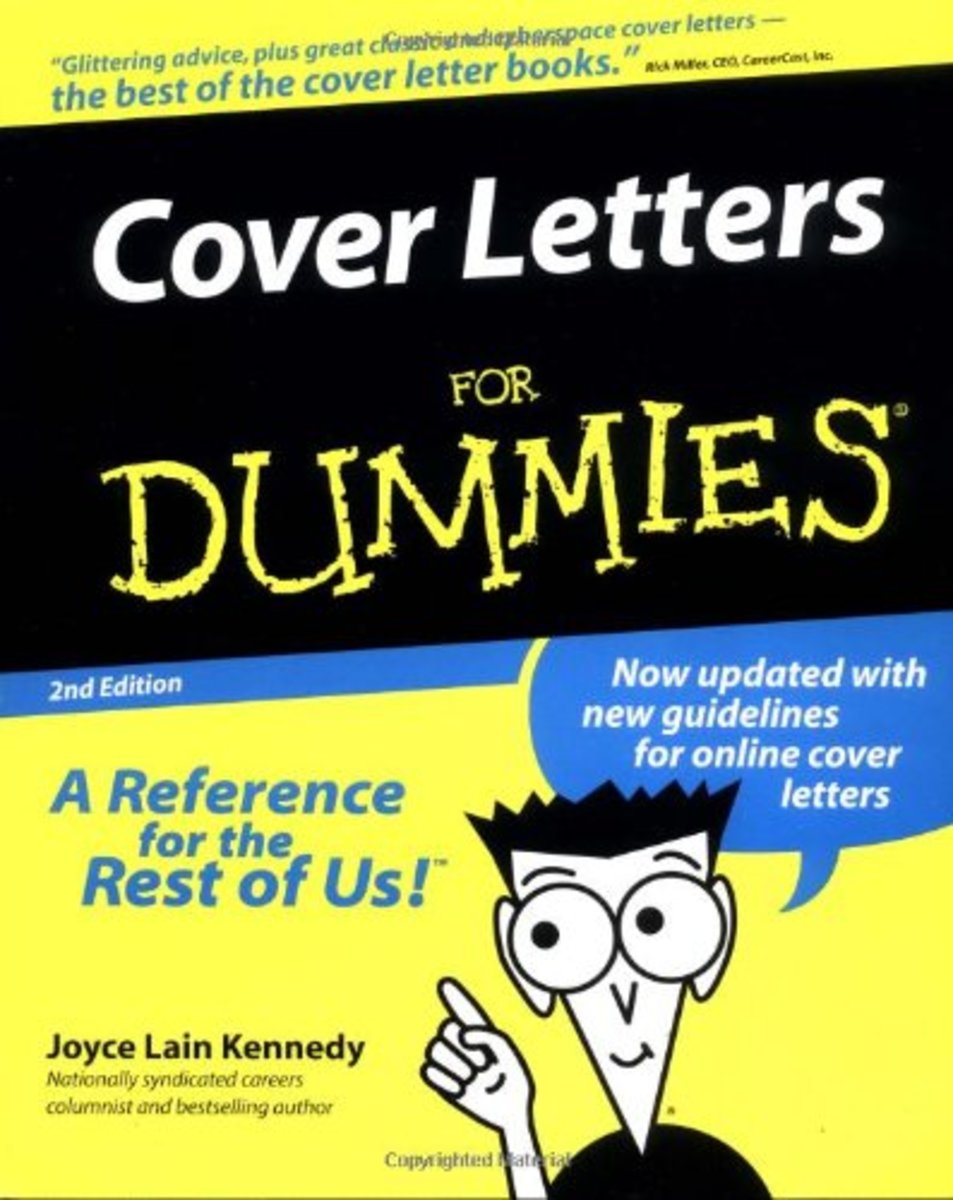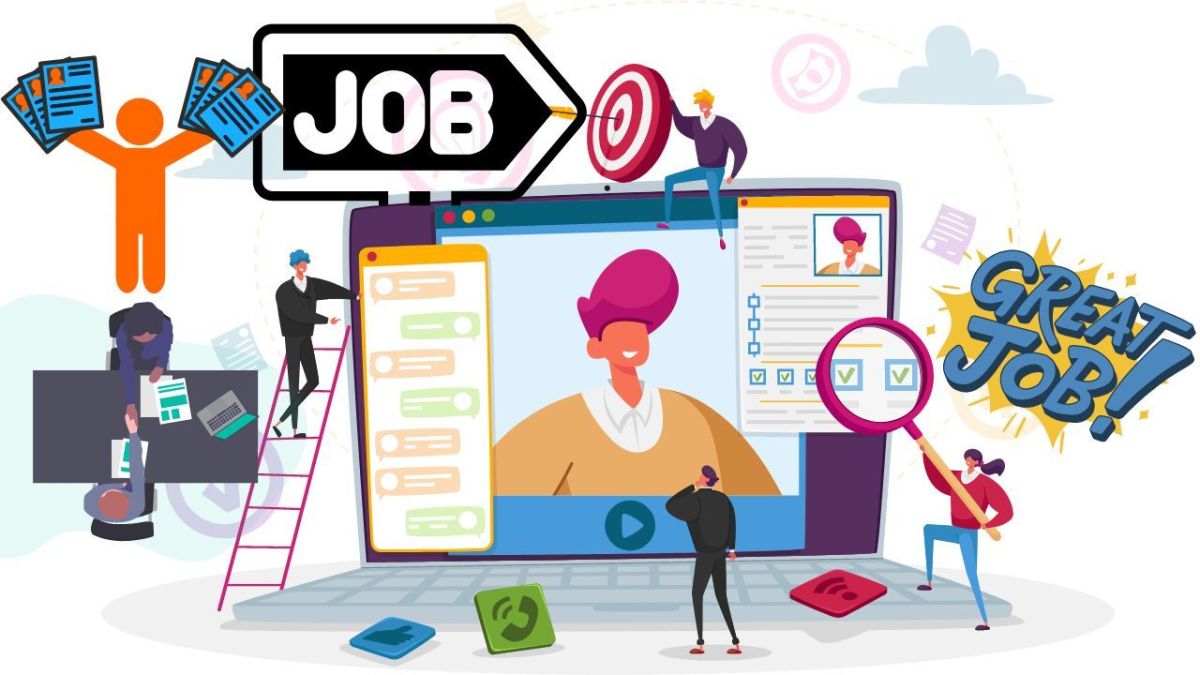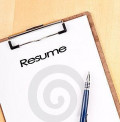Writing the Perfect Cover Letter

Supplement Your Resume
So you're in the market for a new job. You've got great experience and a killer resume. You should be a shoe-in for the position of your choice, correct? Not so fast. There is one additional beast that you must master before you are truly ready to seek out a new employer, the cover letter.
While your resume highlights your qualifications and achievements, your cover letter is the mechanism that really allows you to drill down into the specifics. That is why, when applying for positions online, you have approximately 8,000 characters available to you. That's a lot of writing, but when used wisely, it can be very effective.
- Creating an Effective Resume
Looking for a new job with better pay and benefits? The key to finding that great position is all in how you sell yourself, and creating a stellar resume is key. Check out these sure-fire tips for getting your resume noticed and getting on the road t
Cover Letters Should Not Include:
Details about your personal life. You may want to give a potential employer an idea about what your values are or what your personal life looks like. At this point, they don't care unless the details are relative to the employment you are seeking or have been specifically solicited. That being said, you must distinguish between your personal life, and the attributes you possess which make you a viable candidate for the job. It is permissible to include a statement about how your values are in sync with those of your potential employer. It is not permissible, unless related to the position for which you're applying, to mention your hobbies or details about your family life.
Explanations about why you left your previous employers, especially if you were fired. If an employer wants to know these things, let them ask in the interview. Never offer negative information unless they ask you to. One exception might be if your recent position was eliminated during a reorganization after a lengthy tenure. You can mention that in a brief statement and then put a positive spin on it by relating how it prepared you well for the foray into another industry that will allow you to utilize your many skills and talents.
Never bad-mouth a previous employer. No matter what kind of experience you had, saying anything negative about a previous employer is never okay. It reflects poorly on your character and will likely, automatically eliminate you from consideration.
- Recruiting Quality Employees
Recruiting help is easy. Recruiting quality employees that are likely to work hard and who value longevity and embrace a positive work ethic is not. If you're an employer that is seeking to establish a highly qualified and motivated work force, this
- Diversification of your Workforce
If you're a business owner or executive, you have probably struggled with the "how to" questions when it comes to workforce diversification. For some great ideas on transforming your work place into one that is inclusive, supporting and truly diverse
Your Cover Letter Should Focus On:
Providing details about your successes. For example, my experience includes operating a large CBRF for persons with Alzheimer's disease. My resume already talks about my management of multimillion dollar budgets, staff development, strategic planning and regulatory compliance, etc. My cover letter expounds on this experience by including details about how I also influenced the architectural design, developed the entire staffing plan, as well as the clinical and social programs. It talks about how I designed and implemented staff education, mentoring, and career ladder programs that led to an annual turnover rate that never reached 5%. It talked about the state and national awards that I won as a result of innovative design and programming. You may include some of this briefly on your resume, but the cover letter lets you add details that the resume should not include.
If you have developed and implemented successful business plans that led to financially lucrative ventures for your organization, take credit for them. Do not merely mention them, expound on them. Include details about how you conceived of them and identify the indicators of your success. Did your company increase their margins or consumer base by a certain percentage? Did employee incidents or accidents decrease significantly? Were you able to minimize outstanding AR balances?
Discuss what appeals to you about the employer and the position that you are applying for. You are not just applying for work because unemployment dictates that you complete two applications per week. You are not just applying because you happened to see an ad in the paper. Let them know what values they share with you. Let them know how their mission matches your interests and passions. You may include details you've researched in order to let them know that you've done your homework. For example, if you know that a company has achieved $125 million in revenue in the last fiscal year, let them know that you're interested in working for a successful, solvent company with a solid reputation. Use their $125 million revenues as an example of why you think they are such a company. Talk about their product lines, programs or promotions in as much detail as you reasonably can to demonstrate your interest, knowledge and level of industry insider information.
Identify your long term professional goals. Employers are interested in persons who are not only skilled, but motivated and passionate. They hope to attract persons with the intension of becoming long term employees. Hopefully, that is also your goal. If you are using this position as a stepping stone to another career opportunity, do not mention that. If you are applying for an entry level position, you can indicate your interest in moving up the career ladder. The implication should always be that your interest lies within the same company. Even if that isn't the case, you never know what the future holds. Once inside, you may change your mind about leaving. Never cut off your nose to spite your face.
Cover letters should also include the proper salutations. Always address the letter to the exact person responsible for your consideration. If you do not know who that person is, the standard, "To whom it may concern," may suffice. If the individual to whom you are addressing the letter has credentials, be sure to include them after their name. This indicates a level of respect and acknowledgement of their achievements. Always be sure the names are spelled correctly.
If sending out the same cover letter to multiple organizations, be sure that before you send them, you have changed the salutations. I will admit to having overlooked that once or twice in my decades of job seeking and when I did, I was not granted an interview. I doubt that was a coincidence.
In your letter's closing, be sure to use your own credentials. It helps to reinforce your achievements and qualifications.
Include your contact information below your signature. It is likely included on your mailing envelope (if using snail mail) and on your resume, but include it in your closing as well. This makes it much easier for the employer to find it and contact you for an interview.
The cover letter does not have to be on heavy card stock like the resume, but should be professionally formatted and printed. Do not write letters by hand. That would seem to go without saying, yet as an employer, I did receive a few handwritten letters. I did not find them to be professional and some were hard to read. Handwritten thank you notes following an interview are great. Handwritten cover letters are considered poor form.
If you need help writing a cover letter, it is always advisable to ask a peer to review your proposed letter. You may also seek assistance from a career center or professional agency.
More Great Business Hubs
- Motivational Strategies for Recruiting and Retaining a Dynamic Workforce
Motivational Strategies for Creating a Dynamic Workforce I remember several years ago, sitting in a lecture by a motivational speaker whose job it was to help employers attract and retain quality employees.... - Grant Writing Tips
Grant Writing Tips Identify Your Sources In order to have the greatest chance for success in obtaining grants, you must first identify potential grant agencies. There are many agencies that provide... - Strategic Planning for Grassroots Non-Profits
Strategic Planning for Grassroots Non-Profits The creation of viable strategic plans is a critical function for any organization. The strategic planning process creates a continual way for any organization...
Rate this Hub
© 2011 Jaynie2000









